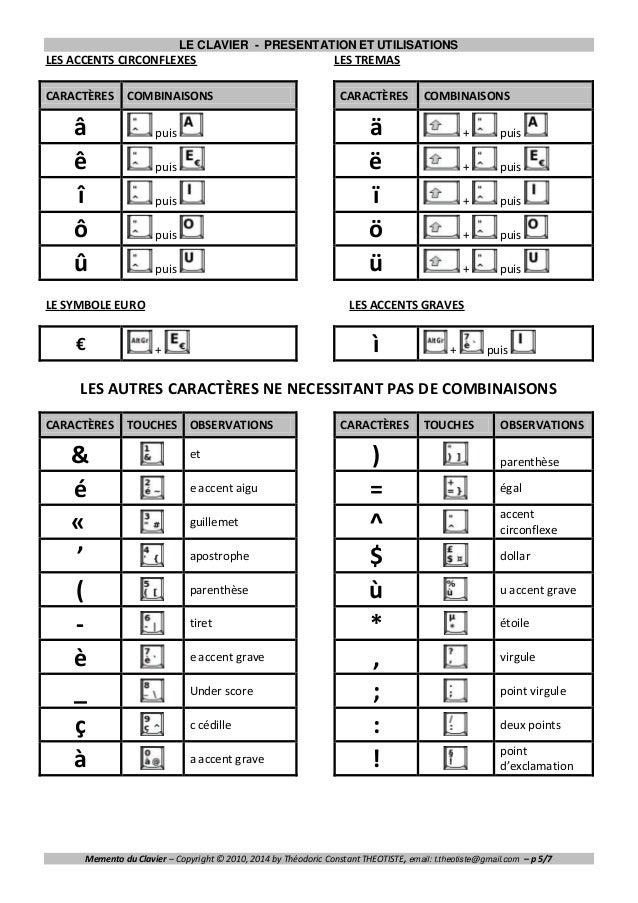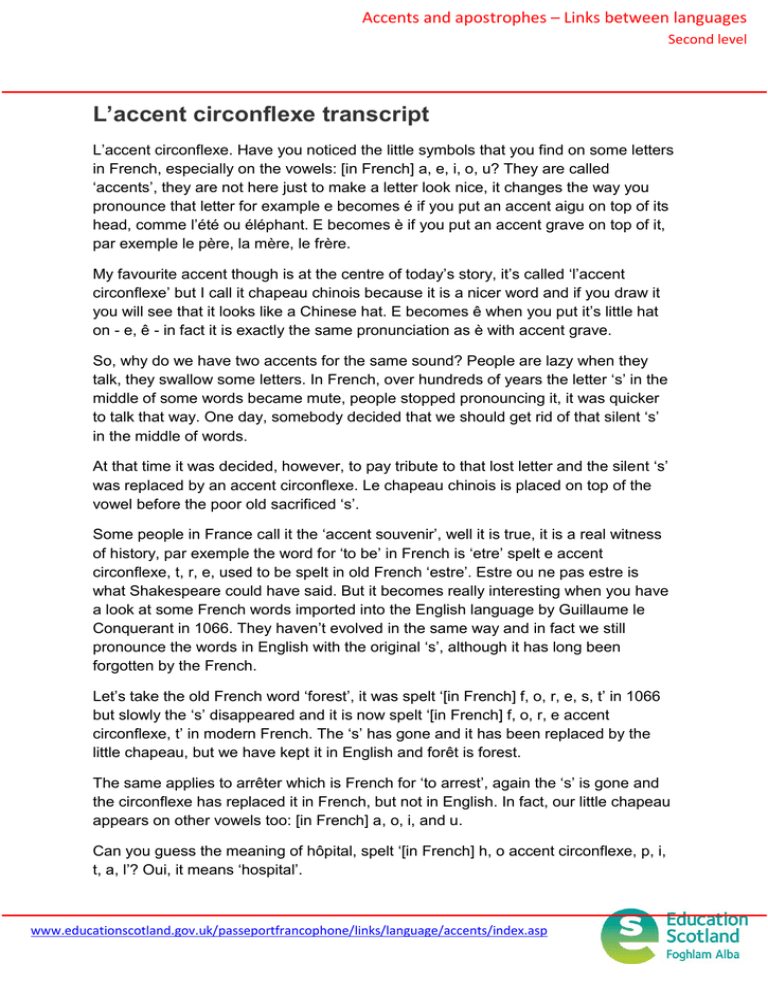

Some examples of words with a final grave accent are città ("city"), così ("so/then/thus"), più ("more"/"plus"), Mosè ("Moses"), and portò (" brought/carried"). Words that end with stressed -e or -o may bear either an acute accent or a grave accent, depending on whether the final e or o sound is closed or open, respectively. The grave accent marks the stressed vowels of words in Maltese, Catalan, and Italian.Ī general rule in Italian is that words that end with stressed -a, -i, or -u must be marked with a grave accent.

The accent mark was called βαρεῖα, the feminine form of the adjective βαρύς ( barús), meaning "heavy" or "low in pitch." This was calqued (loan-translated) into Latin as gravis, which then became the English word grave. The grave and circumflex have been replaced with an acute accent in the modern monotonic orthography. In modern practice, it replaces an acute accent in the last syllable of a word when that word is followed immediately by another word. We finished (or have finished) the project.The grave accent first appeared in the polytonic orthography of Ancient Greek to mark a lower pitch than the high pitch of the acute accent. He answered (or has answered) the telephone. Then conjugate avoir and add the past participle: Regular Verbs: Formation of the Past Participle Learn are the past participles of the verbs. Specified number of times or during a specified period of time, andĪs a result or consequence of another action. Passé composé is used for actions that happened only once, a Happened, or has happened, you use the passé composé. Happening, or does happen now but if you want to say something The present indicative so far, which expresses what happens, is Verbs that double the consonant: Some verbs,ĭouble the consonant in all forms except the nousģ1. Nettoyer-to clean /netwaje/, payer-to payĥ. To an i in all forms except the nous and vous. uvʀiʀ/, couvrir-to cover /kuvʀiʀ/, découvrir-toĭiscover /dekuvʀiʀ/ and souffrir-to suffer /sufʀiʀ/ Verbs that are conjugated as -er verbs: Some -ir verbs areĬonjugated with -er endings. Verbs that add or change to an accent grave: Some verbs add or change to an accent grave (è) in all the forms except the nous and vous.ģ. In Quebec, bonne fête is used for Happy Birthday.Ģ.

Food and Meals / La Nourriture et Les Repas To form the negative, place ne.Pas around the auxiliary verb: Je ne suis pas resté.

Regular Verbs: Formation of the Past Participle.Verbs that add or change to an accent grave: Some verbs add or change to an accent grave (è) in all the forms except the nous and vous. This is why you must use the subject pronouns in French. Notice how several conjugations are pronounced the same.To / In and From places, cities, and countries Countries and Nationalities / Les pays et les nationalitEs En Dans is used to show the time when an action will begin, while en shows the length of time an action takes. They are not followed by nouns or pronouns, unlike prepositions. You can also use dessus and dessous as adverbs to mean over it / on top of it and beneath it / underneath it, respectively.


 0 kommentar(er)
0 kommentar(er)
